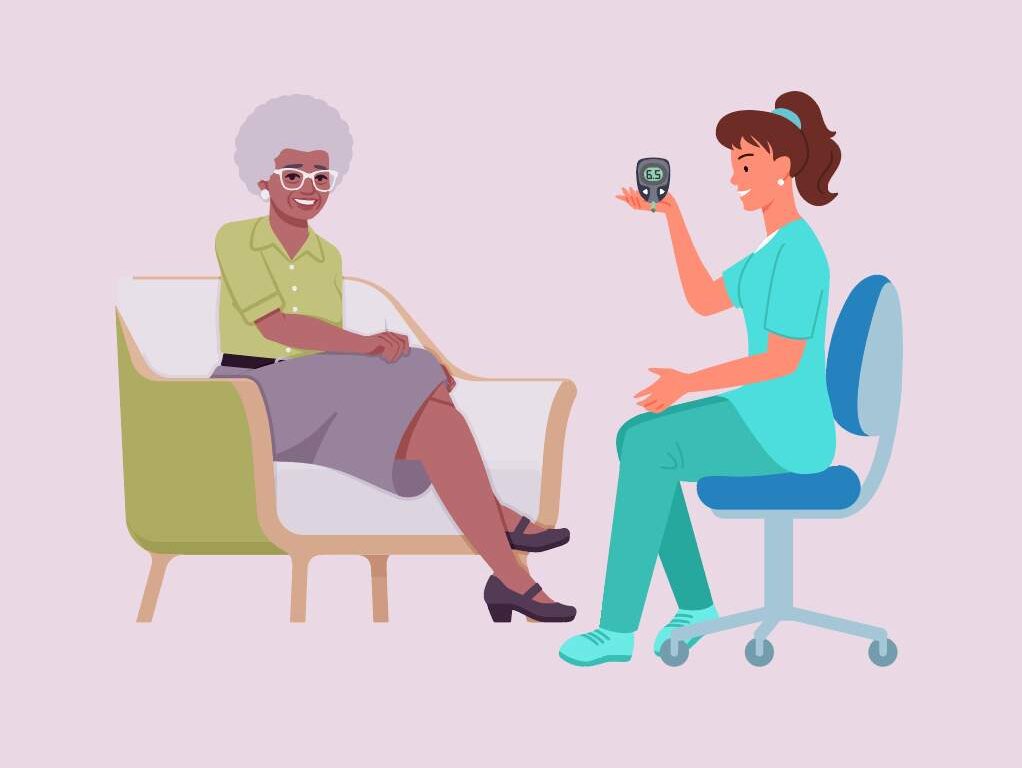This module introduces self-management support and its role in high-functioning care teams. Learners will explore how to identify the stages of behavior change and strategies for supporting patients at each stage.
This eLearning helps community health centers (CHCs) build foundational care management skills by offering practical strategies to support patients in setting health goals and managing chronic conditions like diabetes and high blood pressure. The module highlights real-world examples and introduces tools that care teams can use to engage patients with elevated A1C or blood pressure levels.
By taking this training, your team will be better equipped to document and deliver consistent self-management support, foster patient-centered conversations, and demonstrate a structured approach to addressing population health needs. As a result, your clinic can strengthen its capacity to improve health outcomes and advance equity among the patients who need it most.
This module introduces self-management support and its role in high-functioning care teams. Learners will explore how to identify the stages of behavior change and strategies for supporting patients at each stage.

This module explores how stigma, personal values, and beliefs can impact self-management coaching. Learners will reflect on their own experiences and gain strategies to recognize and reduce stigma, supporting more inclusive and effective care. The module also highlights how health-related social needs and structural drivers of health can shape providers' attitudes and patients' engagement with care.

This module helps learners recognize and respond to patient ambivalence around behavior change. By exploring common symptoms of ambivalence, care teams will be better prepared to offer meaningful support for chronic illness self-management.

This module introduces a patient-centered approach to engaging individuals who are hesitant about preventive care, such as vaccinations or cancer screenings. Learners will explore the HEAR technique and a strategy for understanding personal motivations and engaging in respectful dialogue.

This module covers how to support patients in setting realistic goals and overcoming barriers to care. Learners will explore when to use action planning and how to support patients by developing plans that work for them.
